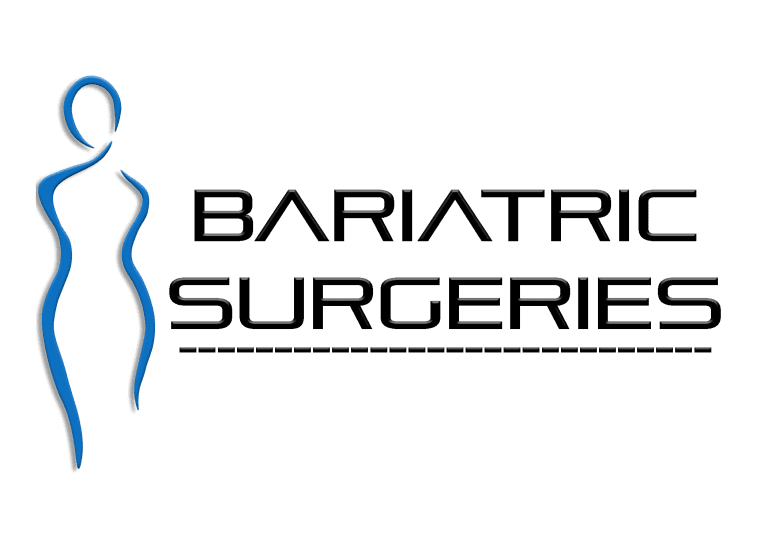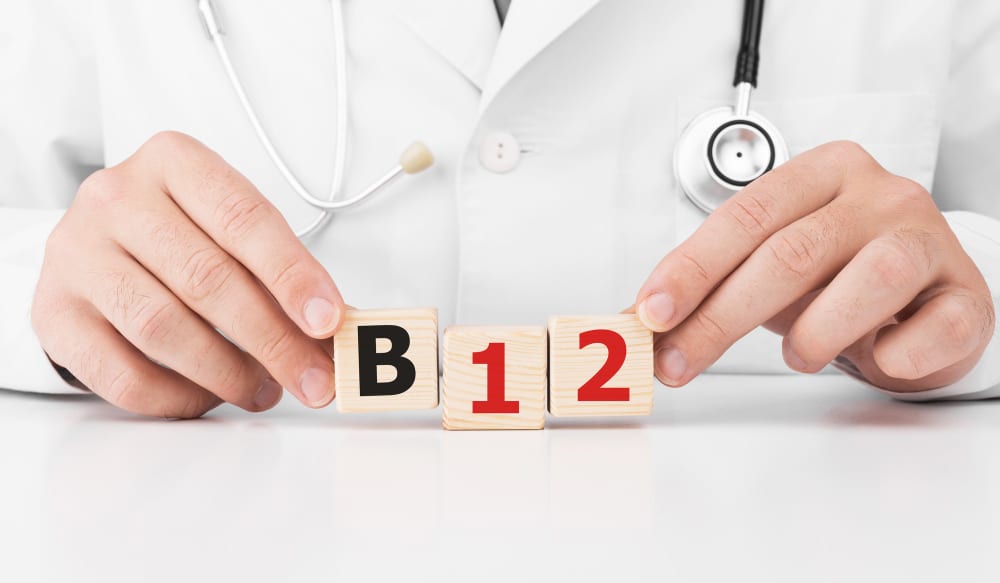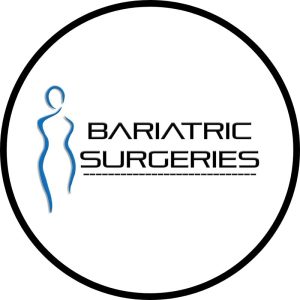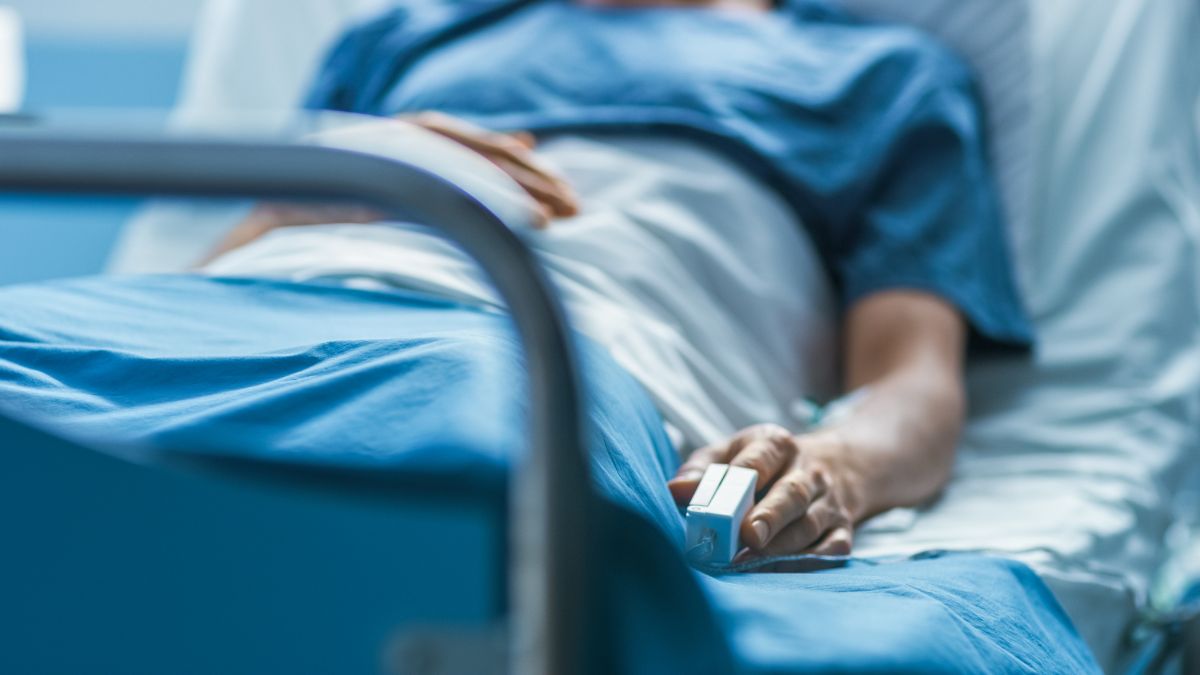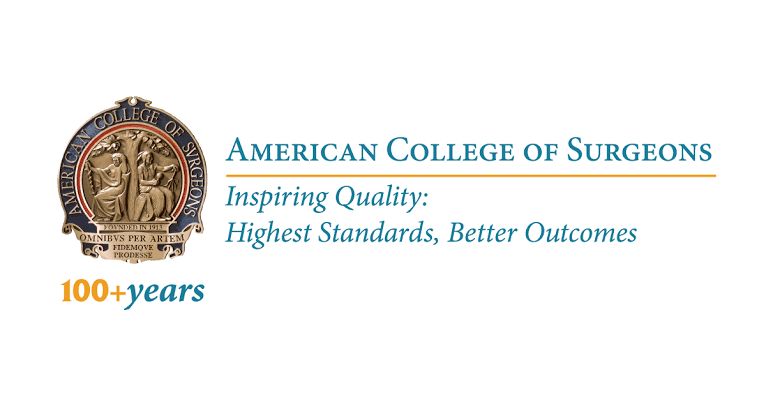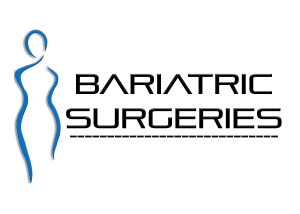One of the side effects that a person experiences after bariatric surgery is the body’s inability to absorb vitamin B12 also known as cobalamin. In order for vitamin B12 to be absorbed by the body, it requires a mucoprotein enzyme called intrinsic factor. Even though the absorption takes place in the mouth, the intrinsic factor is made in the stomach. The only way it will be absorbed in the small intestine is when it binds to the enzyme.
Weight loss surgery interferes with the part of the stomach that stores and helps in the digestion process. As a result of its size, the stomach no longer produces enough hydrochloric acid that’s necessary for the production of the intrinsic factor. This means that vitamin B12 will be poorly absorbed.
Symptoms of B12 deficiency after gastric sleeve
- Weak and sore arms and legs
- Poor reflexes and clumsiness
- Bad body odor
- Menstrual difficulties
- Reduced sensory perception
- Stammering and jerking limbs
- In severe cases, vitamin B12 deficiency can lead to brain damage or schizophrenia.
Vitamins after gastric sleeve surgery
Vitamin B12 is a key vitamin needed for cell metabolism which facilitates the proper working of the brain and the nervous system. Vitamin B12 is only found in animal protein sources such as chicken, beef, seafood, and by products such as dairy. Even though your diet progression after bariatric surgery can be good, you will still need to get your vitamin B12 from sources other than food.
After weight loss surgery in Mexico Tijuana, your doctor will advise you on how to take your vitamin B12.
Vitamin B12 can be taken as a supplement. Should your doctor prescribe tablets, you will take them by placing one under your tongue so that it’s absorbed through the mucous membranes. This allows it to get to the bloodstream without having to bind to the intrinsic factor. Your doctor might also recommend the use of a nasal spray that can be used once a week by spraying in one nostril.
